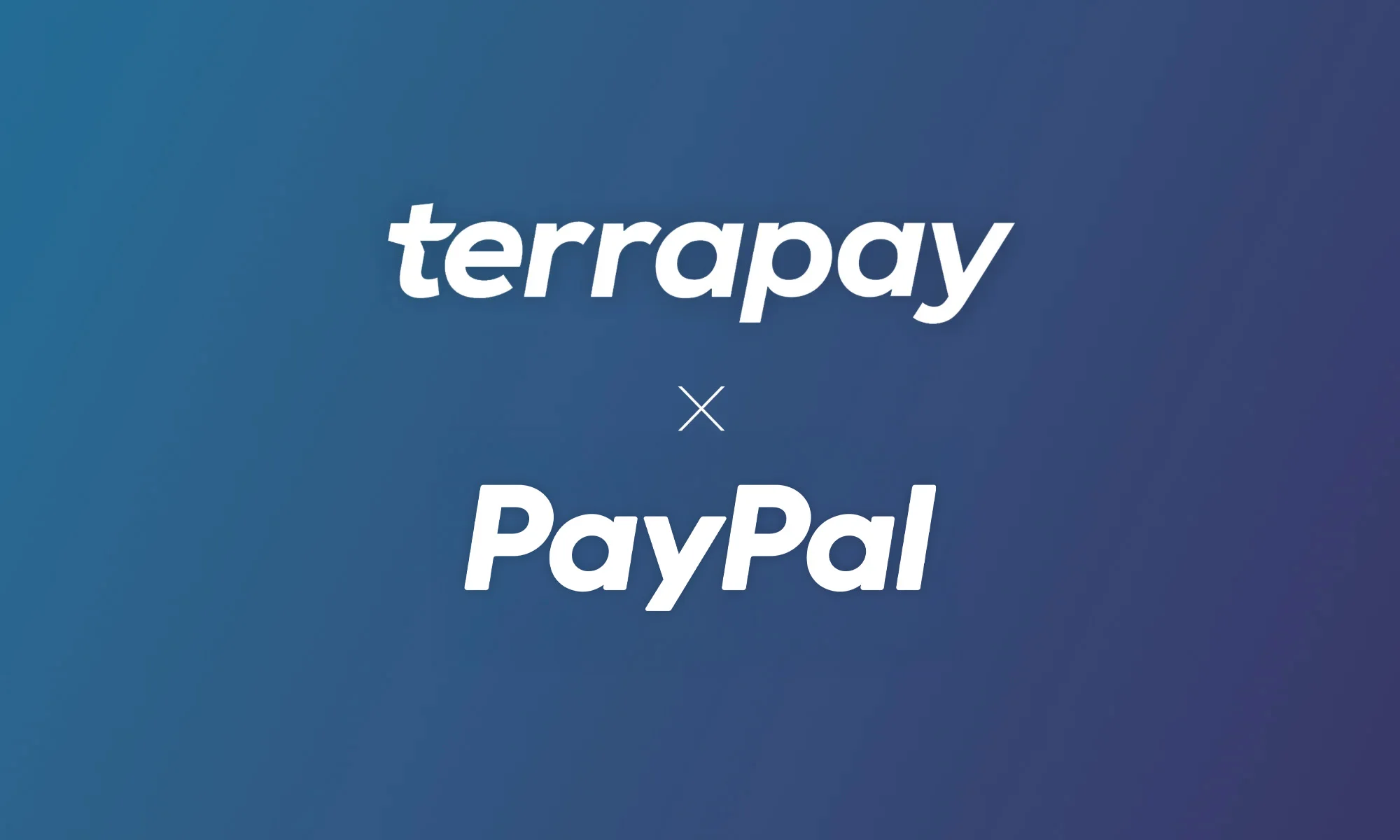News
Netskope Predicts Future Middle East Cybersecurity Trends
Experts from Netskope contemplate what’s on the horizon for phishing, ransomware, and other security threats as we approach 2023.

Netskope, a global Secure Access Service Edge (SASE) leader, has just revealed the results of its annual investigation into the state of cybersecurity in the Middle East as 2022 comes to an end.
In a region that’s digitizing at a rapid rate, Netskope anticipates several new trends in cyber attacker behavior, as well as a rise in software supply chain attacks and various other cloud vulnerabilities.
“Similar to how we have done this in years past, we have sourced these predictions from across our team of internal experts; our global and regional CIOs, CISOs, CTOs, and the specialists in our Threat Labs. Some of these predictions touch on topics that you may have seen discussed this year, considering how they will evolve, while others feature technologies and dynamics that may be completely new on the radar of Middle Eastern organizations for 2023,” says Jonathan Mepsted, VP for Netskope, Middle East and Africa.
So, what kinds of cyber threats do we expect to see intensifying in 2023? For starters, ransomware and extortion-style scams will be more prolific than ever. In addition, confidential and highly sensitive data will become vulnerable to sophisticated encryption attacks from professional extortion groups such as LAPSUS$ and RansomHouse.
Also Read: How To Find The Best Remote Work Opportunities In The Middle East
As well as a rise in well-known online hacks and scams, Netskope believes that software supply chain attacks will also intensify — especially as we become more accepting of the concept of the “industrial metaverse”. Supply chain automation and optimization are on the rise, but bring a set of unique challenges for security experts.
This year, to be better prepared for emerging trends and threat models, Netskope’s NewEdge infrastructure added five new data centers in the Middle East region, supporting businesses across a wide range of sectors, including finance, telecom, and energy.
News
PayPal & TerraPay Join Forces For Cross-Border MENA Payments
The collaboration will be especially helpful in regions where traditional banking infrastructure is limited or inconsistent.

PayPal has teamed up with TerraPay to improve cross-border payments across the Middle East and Africa. The move is designed to make it easier and faster for users to send and receive money internationally, especially in regions where traditional banking infrastructure can be limited or inconsistent.
The partnership connects PayPal’s digital payments ecosystem with TerraPay’s global money transfer network. The goal is to streamline real-time transfers between banks, mobile wallets, and financial institutions, significantly improving access for millions of users looking to move money securely and efficiently.
Through the partnership, users will be able to link their PayPal accounts to local banks and mobile wallets using TerraPay’s platform. This means faster transactions and fewer barriers for individuals and businesses across the region.
“The Middle East and Africa are at the forefront of the digital transformation, yet financial barriers still limit growth for many,” said Otto Williams, Senior Vice President, Regional Head and General Manager, Middle East and Africa at PayPal. “At PayPal, we’re committed to changing that […] Together, we’re helping unlock economic opportunity and build a more connected, inclusive financial future”.
For TerraPay, the deal is a chance to scale its reach while reinforcing its mission of frictionless digital transactions.
“Our mission at TerraPay is to create a world where digital transactions are effortless, secure, and accessible to all,” said Ani Sane, Co-Founder and Chief Business Officer at TerraPay. He added that the partnership is a major milestone for enhancing financial access in the Middle East and Africa, helping businesses grow and users move funds with fewer limitations.
Also Read: A Guide To Digital Payment Methods In The Middle East
The integration also aims to support financial inclusion in a region where access to global banking tools is still uneven. With interoperability at the core, TerraPay can bridge the gap between different financial systems — whether that’s a mobile wallet or a traditional bank — making it easier to send money, pay for services, or grow a business across borders.
As the demand for cross-border payment options continues to rise, both PayPal and TerraPay are doubling down on their commitment to provide reliable, secure, and forward-looking financial tools for the region.

























